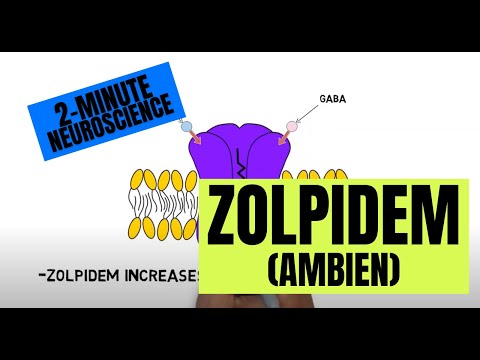- Subjects: Neurosciences
- |
- Contributor:
- Neuroscientifically Challenged
- brain
- frontal lobe
- language
- linguistic function
- Broca’s aphasia
This video is adapted from: https://youtu.be/zIo_500V1LM
Broca's area is a region in the frontal lobe that is thought to play an important role in language production, although its precise linguistic functions are still a bit unclear. In this video, I discuss Broca's area and some hypotheses regarding its function. [1][2]
Although the anatomical definitions of Broca’s area are not completely consistent, it is generally considered to make up some part of a region called the inferior frontal gyrus, which is found in the frontal lobe. In the vast majority of individuals, Broca’s area resides in the left cerebral hemisphere. Broca’s area was named for the physician Paul Broca, who first identified the region as playing a potentially important role in speech production. Broca based this hypothesis on case studies of patients who had damage to the area and also displayed a deficit of speech. The particular condition Broca observed came to be known as Broca’s aphasia, and involves a deficit in the ability to produce language. In patients with Broca’s aphasia, reading and writing are also often impaired, but language comprehension is typically relatively preserved.
The precise role of Broca’s area in language production, however, is still being debated. In other words, damage to Broca’s area can disrupt language production, but nobody is quite sure exactly what language-related function is lost to cause that disruption. Some have hypothesized Broca's area is involved with producing movements (like of the tongue and mouth) that allow speech to be produced. Others have argued it is involved with syntax, grammar, verbal working memory, or all of the above....Broca’s area is also thought to have a variety of other linguistic and non-linguistic functions. It has been recognized as playing an important role in language comprehension, movement, and even understanding the movement or actions of others. Thus, although Broca’s area does appear to play a role in language, the overall function seems to be more complex.
- Grodzinsky Y, Santi A. The battle for Broca's region. Trends Cogn Sci. 2008 Dec;12(12):474-80. doi: 10.1016/j.tics.2008.09.001. Epub 2008 Oct 17.
- Nishitani N, Schürmann M, Amunts K, Hari R. Broca's region: from action to language. Physiology (Bethesda). 2005 Feb;20:60-9.


























































































































































